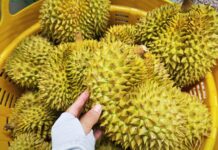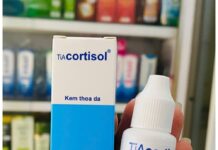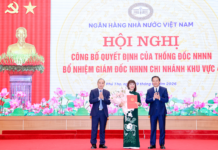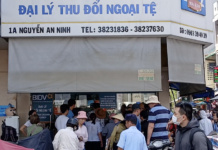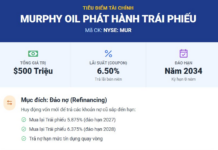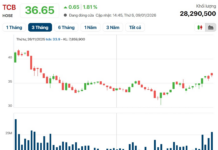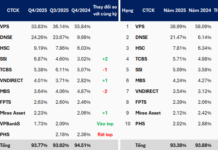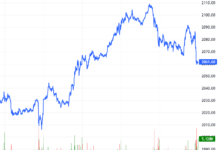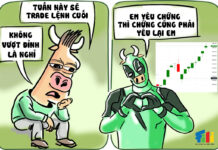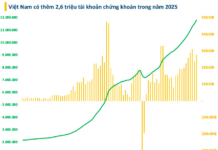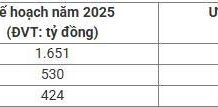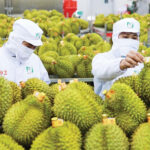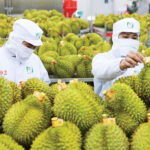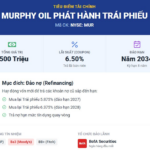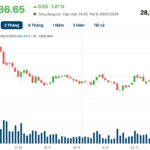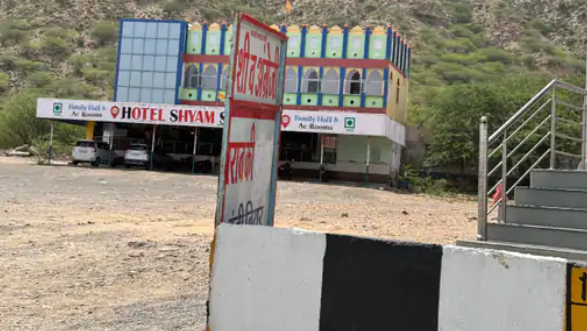
An extensive month-long investigation by Dainik Bhaskar has uncovered a large-scale milk adulteration racket operating across the state of Rajasthan, India. The investigation revealed that toxic chemical-mixed milk has been infiltrating the supply chain, from transit points to major factories, and could potentially reach the dining tables of millions.
This syndicate operates with a sophisticated model, using the area behind Hotel Shyam Sangam, 20 km from Kishangarh town, as its mixing center. The location is carefully hidden behind bushes and hills.
Here, tanker trucks carrying genuine milk arrive at the mixing point. Drivers, with the help of hotel staff, use a special key to open the truck’s seal and extract 2,000 to 4,000 liters of pure milk. This milk is then replaced with artificial milk, mixed from urea (used in fertilizers), shampoo, detergents, and refined oil—chemicals that are extremely harmful to health.
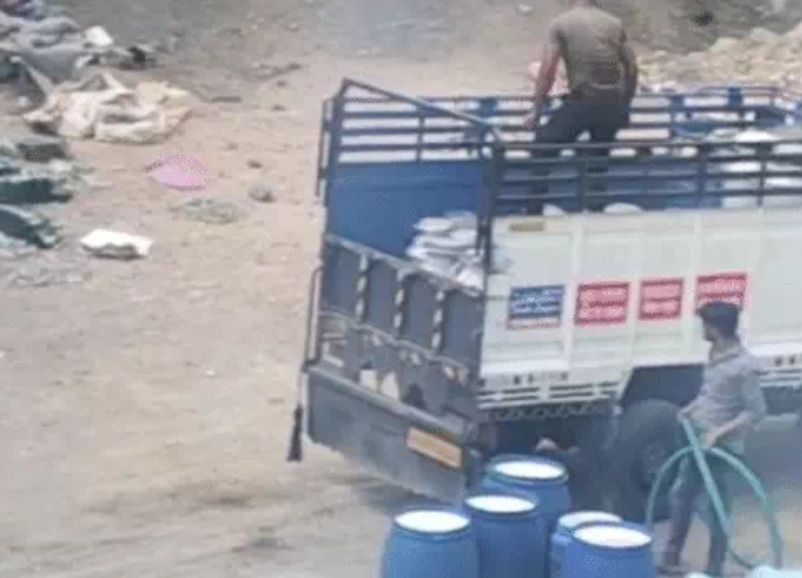
The mixing process takes place on-site with pickup trucks equipped with pumps and pipes. Each batch takes only about 15-20 minutes. Notably, just one liter of alkaline chemicals can produce up to 500 liters of fake milk.
To bypass the GPS tracking systems used by many dairy farms, drivers remove the devices from the tankers and hand them over to motorcyclists or car drivers who travel along the route. This action fools the monitoring system into believing that the truck is still moving normally without stopping. After the mixing is complete, the GPS devices are reattached before the trucks reach their delivery points.
One of the tracked tankers, bearing the license plate GJ02 XX4769, traveled over 350 km from the mixing point to Doodh Sagar Dairy in Manesar, Haryana—just 50 km from the national capital, Delhi. Despite seal checks and truck weighing at the factory gate, the adulterated milk slipped through due to a clever seal replacement tactic.
Medical experts warn that the chemical mix in fake milk can cause intestinal inflammation, liver damage, heart disease, miscarriage, and even cancer. Dr. Ravi Singh Shekhawat, Jaipur’s Chief Medical and Health Officer (CMHO), revealed that in the past year, 36 out of 50 tested samples of milk and cheese were found to contain impurities.
In the face of the published evidence, Mr. Prateek Kumar, manager of Doodh Sagar Dairy, initially denied the possibility of fake milk entering the factory but later expressed his willingness to cooperate with the investigation upon receiving specific documents and videos.
Law enforcement authorities in Rajasthan have arrested several tanker truck drivers involved in distributing adulterated milk to factories, including major brands like Amul. Inspector Hemraj Meena of the Jaipur Rural Police stated, “The current mixing tactics are so sophisticated that they cannot be detected by regular milk testing equipment.”
The police also raided a chemical facility in Chithwadi, believed to be the main supplier of raw materials for fake milk production. The investigation not only exposed the health hazard threatening the community but also revealed a significant loophole in the food quality control chain. The collusion between drivers, hotel owners, and possibly dairy industry insiders makes traceability almost impossible.
Local authorities are taking action under strict provisions of the food safety law, including violations related to quality (Section 51), mislabeling (Section 52), and distribution of hazardous products (Section 59).
However, experts emphasize that, in addition to investigations and criminal proceedings, a comprehensive monitoring campaign, enhanced testing, and community awareness are essential to prevent this silent health disaster from spreading.
“Breaking News: Allegations Against C.P. Vietnam for Selling Sick Pig Meat”
The authorities have summoned Mr. Lieu Quy Ngan for questioning regarding allegations of abusing democratic freedoms to infringe upon the interests of C.P. Vietnam Company.
A Tasty Transition: Revamping the Durian Export Scene
The recently introduced food safety control protocol for durian exports is a game-changer for the industry. It not only brings structure and order but also empowers durian producers to elevate their game and enhance their reputation in the international arena. This move is a strategic step towards ensuring the industry’s long-term sustainability and success.
The Ultimate Guide to the King of Fruits: Unveiling the Secret to Mastering the Art of Durian Cultivation
The recently introduced food safety control protocol for durian exports is a game-changer for the industry. It not only brings structure and order but also empowers durian producers to elevate their game. With this new framework in place, the industry can now aim for higher quality standards and sustainable growth in the international arena.


